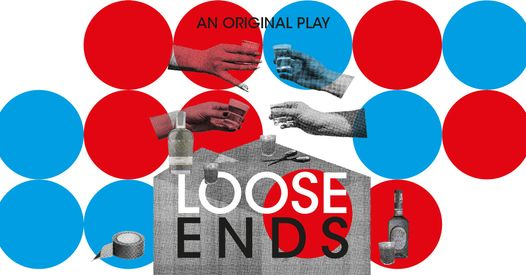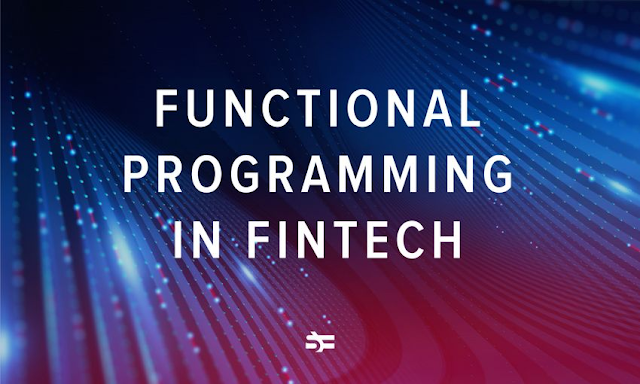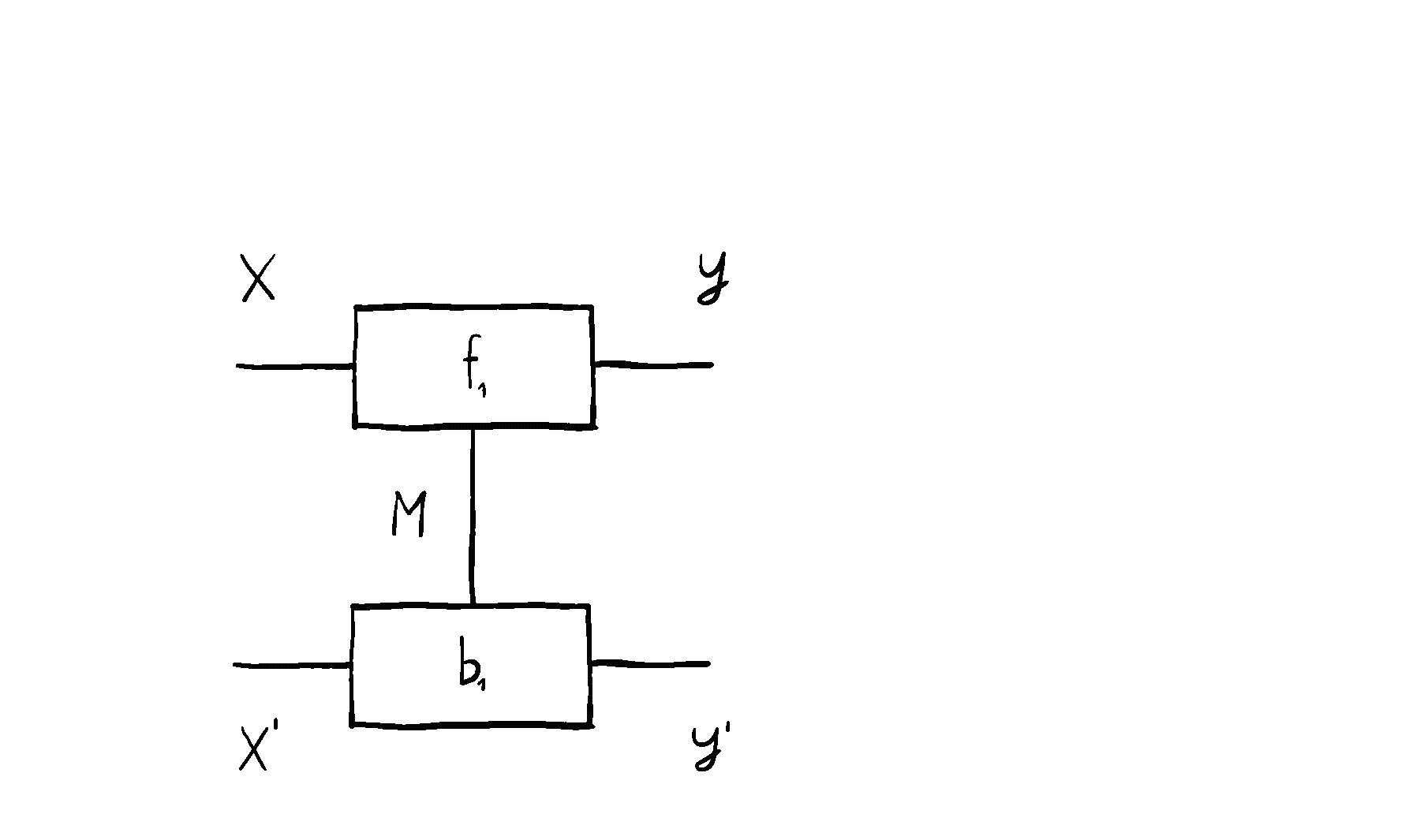My daughter Leora Wadler is directing and producing a play, Loose Ends.
Four strangers from differing classes and backgrounds attempt to drink and make merry on their last night in halls against the backdrop of a missing girl – but each of them are carrying secrets.
Hope Street Theatre, Liverpool, 7.30pm, Thursday 4 and Saturday 6 August.







